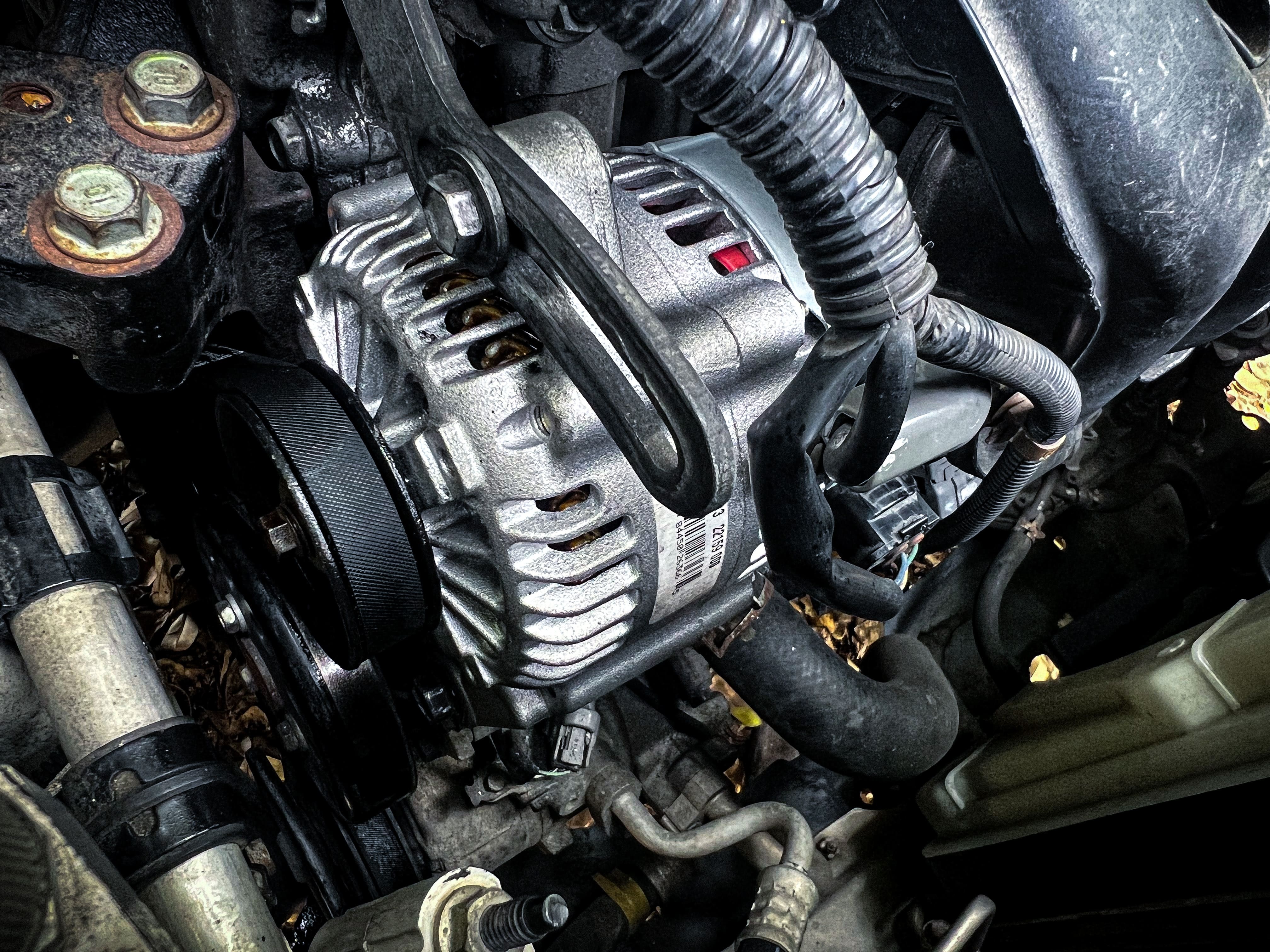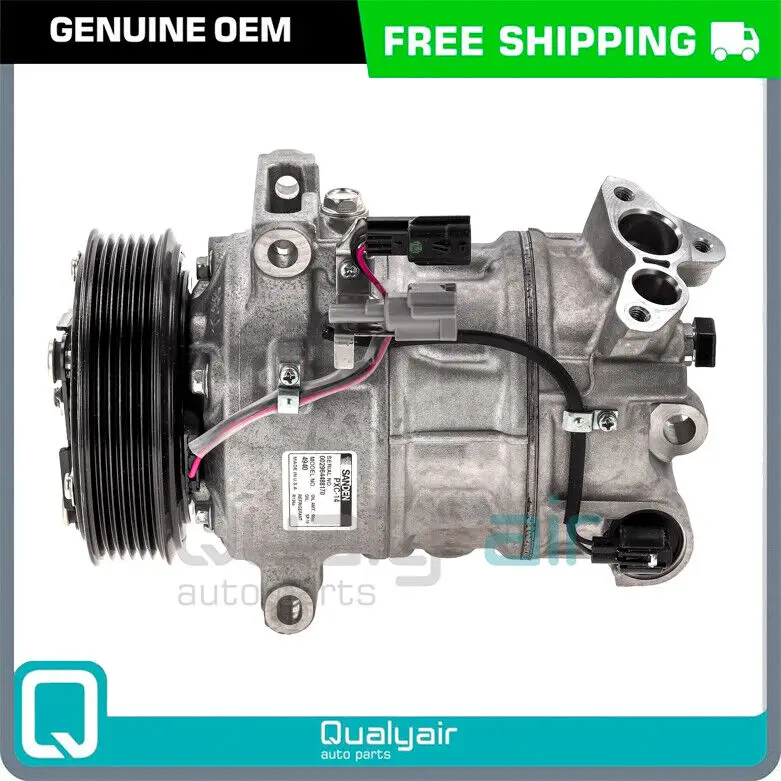Are you experiencing issues with your 2013 Hyundai Elantra’s AC compressor not engaging? If so, you’re not alone. Many Hyundai Elantra owners have reported similar problems, and in this article, we’ll explore some common causes and potential solutions to help you get your AC system up and running again.

Credit: www.ebay.com
Possible Causes
When the AC compressor clutch fails to engage, it usually indicates one of several possibilities:
- Loss of refrigerant from a leak
- Blown AC fuse
- Damage to the AC relay
- Shorted AC diode blowing the AC fuse
These issues can prevent the compressor from receiving power and engaging properly.

Credit: shop.advanceautoparts.com
Common Problems
The Hyundai Elantra has some common air conditioning problems that may lead to the compressor not engaging. One common issue is a refrigerant leak in the aircon system, which can cause the AC to blow hot air. Another problem involves the discharge aircon hose leaking at the ferrule crimp. These faults can disrupt the compressor’s function and prevent it from engaging.
Possible Solutions
If you’re experiencing issues with your 2013 Hyundai Elantra’s AC compressor not engaging, there are a few steps you can take to troubleshoot and potentially resolve the problem:
- Check for blown fuses: Start by inspecting the fuses related to the AC system. A blown fuse can prevent the compressor from receiving power.
- Inspect the AC relay: The AC relay controls the power flow to the compressor. If it’s damaged or faulty, it may not engage the compressor. Consider checking and potentially replacing the relay if needed.
- Examine the AC diode: A shorted AC diode can blow the AC fuse and disrupt the compressor’s function. Inspect the diode for any signs of damage and consider replacing it if necessary.
- Look for refrigerant leaks: A refrigerant leak can cause the AC system to malfunction. If you suspect a leak, it’s best to have a professional inspect and repair the system to prevent further damage.
- Verify the compressor clutch operation: The compressor clutch should engage when the AC system is turned on. If it’s not engaging, it may indicate a problem with the clutch or its associated components. Consider seeking professional assistance for further diagnosis and repair.
These steps can help identify and potentially resolve the issues causing your AC compressor not to engage. However, if the problem persists, it’s recommended to consult with a qualified HVAC technician or Hyundai dealer for proper diagnosis and repair.
Frequently Asked Questions For 2013 Hyundai Elantra Ac Compressor: Troubleshooting Guide For Non-engagement
What Causes An Ac Compressor Clutch To Not Engage?
The AC compressor clutch may not engage due to refrigerant leak, blown fuse, damaged relay, or shorted diode. Ensure professional inspection.
What Would Cause Ac Compressor Not To Kick On?
Ensure AC compressor kicks on by checking for blown fuse, tripped circuit breaker, broken thermostat, or dirty air filters.
What Are Common Ac Problems In Hyundai Elantra?
Common AC problems in Hyundai Elantra include refrigerant leaks causing hot air, discharge aircon hose leaks, and faulty compressor capacitors.
Why Is My Condenser Fan Running But Not The Compressor?
The issue of your condenser fan running but not the compressor is likely due to a faulty air conditioner capacitor. This may require the attention of a qualified HVAC technician for repair. Ensure the unit is examined for other potential issues like blown fuse, tripped circuit breaker, or broken thermostat.
Conclusion
Dealing with a non-engaging AC compressor in your 2013 Hyundai Elantra can be frustrating, but by understanding the possible causes and following the suggested solutions, you can increase your chances of restoring your AC system’s functionality. Remember to prioritize safety and consult with professionals when necessary to ensure a proper diagnosis and repair.

